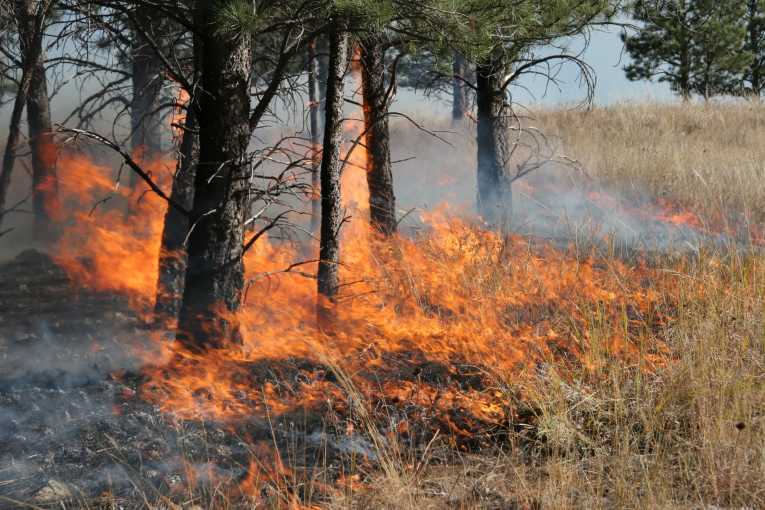More than 100 scientists from the United Nation's Intergovernmental Panel on Climate Change (IPCC) are currently meeting in Queensland, Australia, to complete a special report, entitled ''Managing the Risks of Extreme Events and Disasters to Advance Climate Change Adaptation'', which is not due to be released until November. This report assesses the threats of natural disasters and aims at developing strategies for the management of extreme weather events, such as wildfires, floods and droughts.
Speaking from Queenland's Gold Coast, the head of the IPCC, Dr. Rajendra Pachauri, explained that there is increasing scientific evidence linking current climate change to extreme weather events.Queensland is indeed the right place to hold this meeting. This state has only recently been hit by a series of floods and cyclones starting in December, 2010, which left several towns and cities flooded. Over 200,000 people were affected and an initial damage toll of 1 billion A$ was estimated. This goes to show how vulnerable we are, and indeed the importance of management of risks associated to natural disasters.
In an interview to ABC Radio, Dr. Pachauri reiterated ''We are sure that the kinds of events that we've seen recently are likely to become much more frequent and much more severe.''
Dr Pachauri also said that Australia was one of the countries more vulnerable to an increase in natural disasters. However, its wealth and knowledge means it was better prepared to adapt than other countries, such as Bangladesh and Burma, which would be more significantly impacted.
But what about the current global situation? The head of the IPCC explains that while some places are better off than other, at the moment we are surely not well enough prepared. He also pointed out the importance of informing our society of IPCC findings, and to invest in infrastructure and systems that would allow societies to adapt to higher frequencies and intensities of extreme events.










